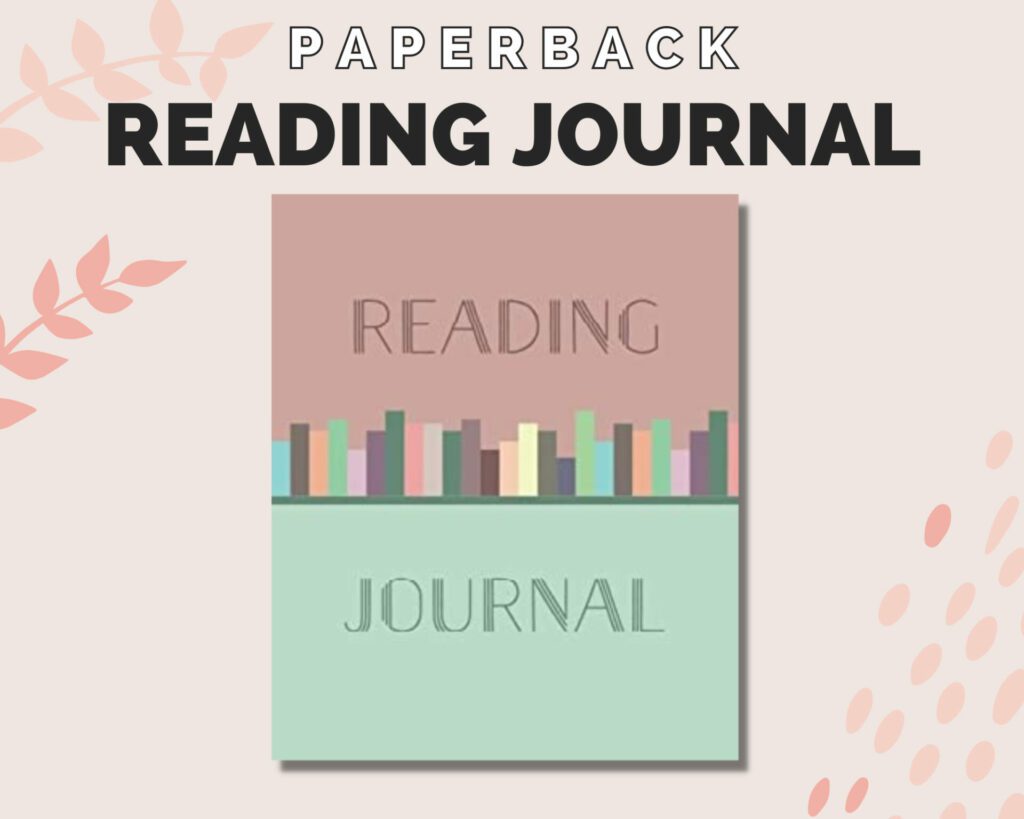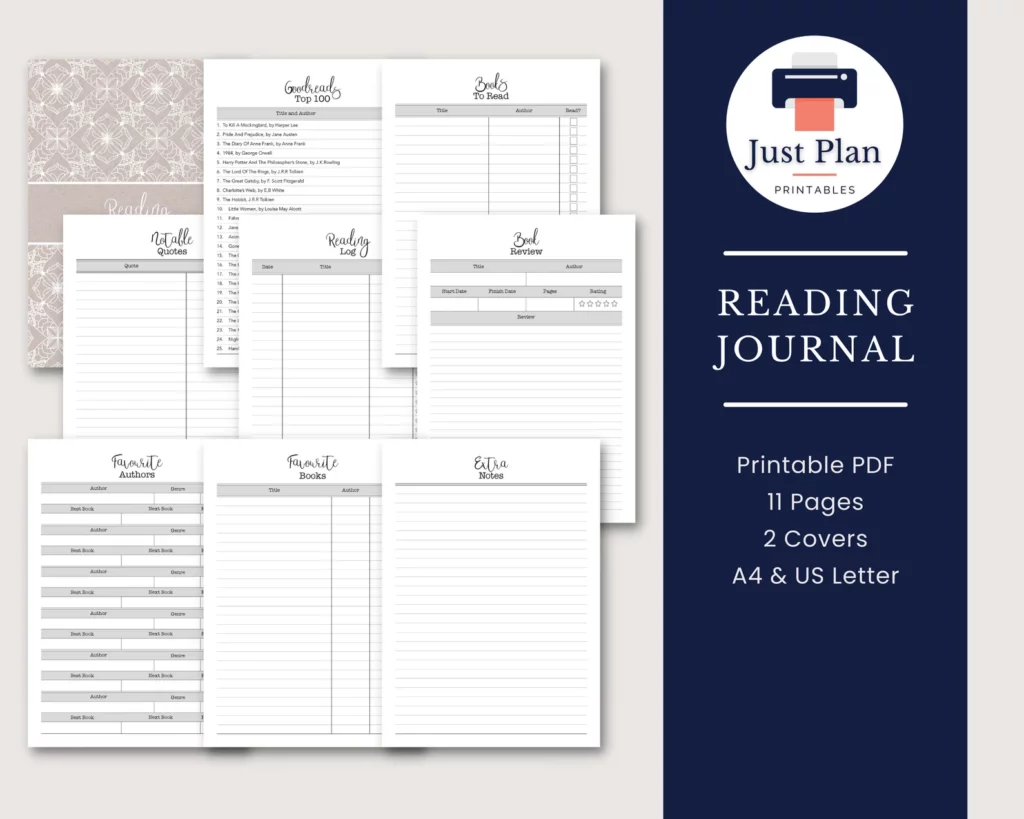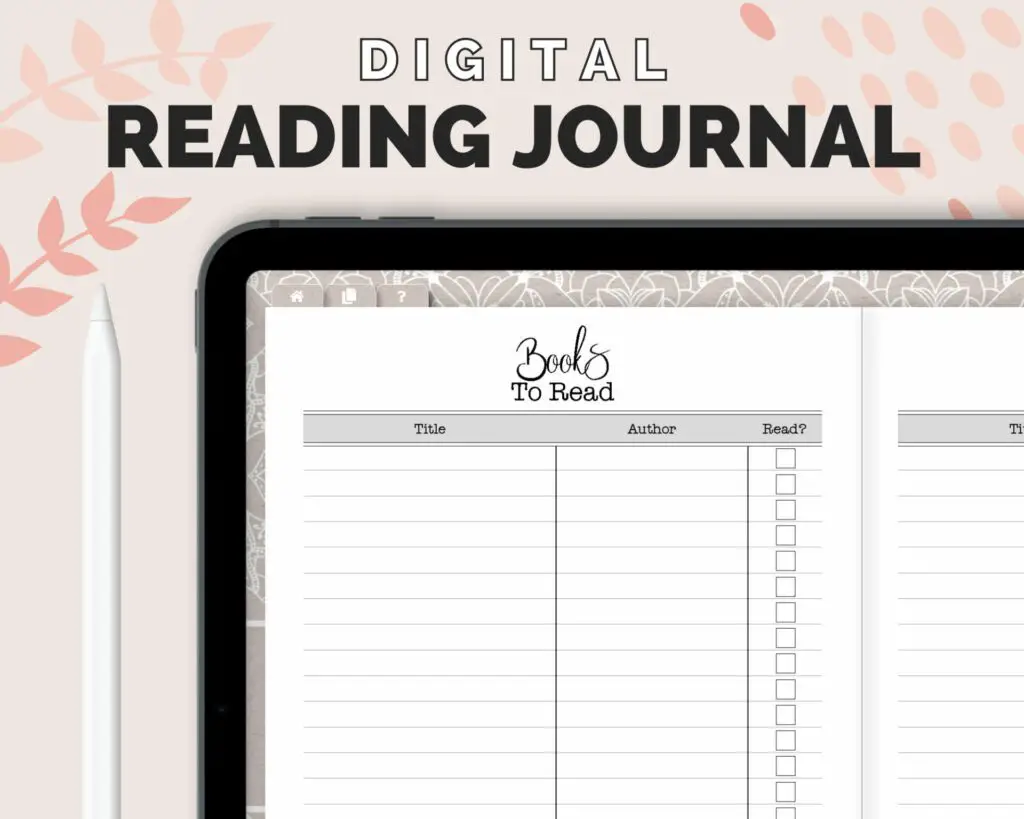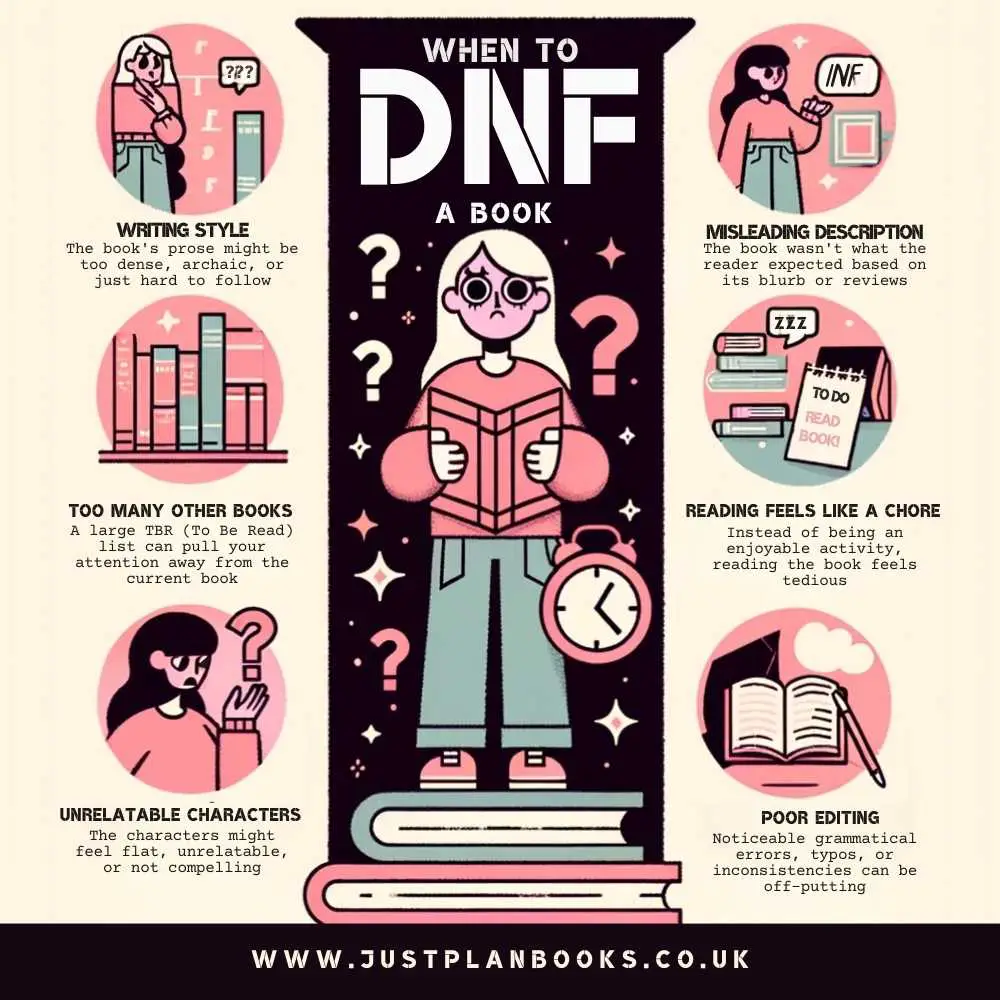This post may contain affiliate links. Please read our disclaimer for more information.
Do you ever feel lost when reading book reviews on Booktok or Goodreads? You’re not alone!
There are a lot of terms and abbreviations in the reading world that can be confusing for new readers.
Today, we’ll be discussing what DNF means and how to use it.
What Does DNF Mean in Reading?
DNF stands for did not finish, and it is used to describe books that were started but never completed. This term can also be applied to movies or any other form of entertainment. DNFing a book doesn’t mean you didn’t like it, it can simply mean that you didn’t have the time or attention span to finish it.
Reasons to DNF a Book:
1. You’re not enjoying it or reading has started to feel like a chore.
2. It’s not holding your attention.
3. You don’t have enough time to finish it.
4. It’s not what you were expecting.
5. The writing was difficult to read or hard to follow.
6. The story seemed predictable or unoriginal.
7. The story it slow to start or doesn’t seem to be going anywhere.
8. You don’t feel like reading at all.
How Do I Use DNF as a Reviewer?
If you’re a book reviewer, you can use DNF in your reviews to let readers know that you didn’t finish the book. For example, “I DNFed this book at 50% because I just couldn’t get into it.” This lets other potential readers know that you didn’t hate the book, you just didn’t finish it.
When writing a review for a book you DNF’d, be respectful. Remember that the author put a lot of time and effort into writing the book, even if it wasn’t what you were looking for. There’s no need to bash the author or the book itself, simply state that it wasn’t for you and explain why you decided to quit.
If you want to use the term DNF on a book review, try to pinpoint what it was specifically that didn’t work for you. For example: “I DNFed this book because I wasn’t enjoying it.” or “I DNFed this book because it was too slow-paced for me.” This lets other readers know why you didn’t finish the book, and they can take that into consideration when deciding whether or not to read it.
Reading Journals
Check out our reading journals available in a range of formats to suit your preferences. Tracking your reading and journalling about books read is a great way to get more from your reading and remember the plot of books read.

Reading Journal Book

Printable Book Log

Digital Reading Log
How Do I Use DNF as a Reader?
If you’re a reader, and you see that a reviewer has DNFed a book, it’s up to you to decide if that review is still useful to you.
When you’re reading reviews, it’s important to take into account the source and the reviewer’s credibility. Just because someone says something is good or bad doesn’t mean it is gospel. There are some definite ways to tell if a review is biased, unhelpful, or just flat out wrong.
Sometimes reviewers will DNF a book but still give it a high rating because they enjoyed what they did read. In that case, the review might still be helpful to you.
However, if a reviewer DNFs a book and gives it a low rating, you might want to take that review with a grain of salt since the reviewer didn’t actually finish the book.

How Do I Know When to DNF a Book?
It can be tough to know when to DNF a book, but basically you should consider quitting if you’re not enjoying it, it feels like a chore, the writing or grammar is poor, or you find yourself avoiding reading. Another sign that it might be time to quit is if you start experiencing a reading slump or reading burnout where you don’t feel like reading anything at all.
If you’re struggling with whether or not to DNF a book, there are a few things you can do. Try taking a break from the book and come back to it later. You can also try skimming ahead to see if the story gets better. If neither of those work, then it might be time to DNF.
If any of these factors are causing you difficulty in enjoying your reading experience, then it’s probably best to move on. There are too many great books out there to waste time struggling with one that isn’t pulling its weight. Trust your gut and if it feels like it’s time to DNF a book, then go ahead and do so. You’ll likely feel much better for having made the decision.
If you don’t like to leave books unfinished, you can always come back and finish it later. You might find that you really enjoy the book a few months later but for whatever reason, it’s just not working for you right now. Take a break and come back to it when you’re feeling fresh.
In the end, whether or not you DNF a book is totally up to you. Just remember that there’s no shame in quitting and that your time is valuable. Don’t waste it struggling with a book that isn’t giving you what you want.

Reading Journals
If you’re struggling to finish a book, writing about it in a reading journal can help you get to the root cause of your dislike and better understand your reading preferences in the process.
I hope this article has helped you understand what DNF means in reading, and how to use it as a reviewer or reader.
Happy reading!



